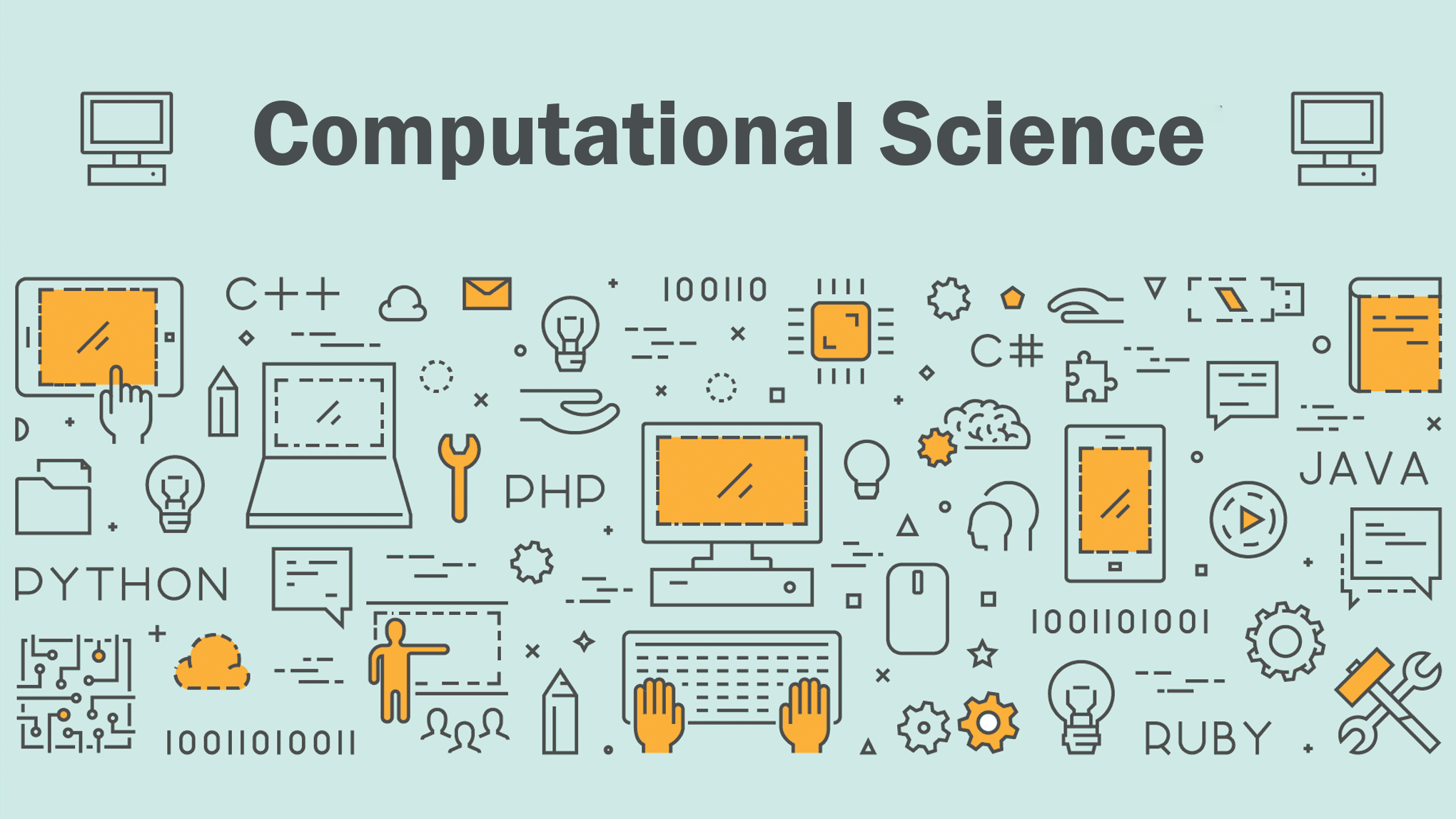Computational science is also known as scientific computing or scientific computation (SC). It is a field in mathematics that uses progressive computing abilities to understand and solve complex problems. Let us understand this more in detail.
Need to study Computational Science
It is a program with a wide range of topics and it is required to study because:-
- It has been proven to be the best method that makes challenging problems tractable.
- The developed tools of this method help in finding trends within datasets.
- This has changed the future of computer simulations.
- It has proved beneficial to combine insights with mathematical tools and computational skills.
So, now you understand the main reason for practicing computational science is because an important objective of this program is to formulate your proficiency to pose and solve problems that combine insights from one or more disciplines from the natural sciences with mathematical tools and computational skills and also this s provides a unique combination of applied and theoretical knowledge and skills.
Some Examples
One of the classic examples of scientific computing is weather prediction. We should know atmospheric scientists and meteorologists use weather models (mathematical equations) that are run on fairly powerful computers and the results are generally a large amount of data (temperature, pressure, humidity, etc.). All these are done by numerical modeling of data.
The approach of Computational Science to any problem
- Theory/Problem:- Basically, it is a scientific theory, or the problem statement, is used as the basis of a model.
- Model: Before we can employ any problem in a computer a mathematical model of the system is devised. And based on those models Algorithms are developed to perform analyses.
- Analysis/ Simulation: Once a problem is described in mathematical terms, we must resolve a method for solving it. And this procedure is executed using programs and toolsets with the required capabilities.
- Assessment: This step is very important. The results obtained from previous steps are observed and unwanted errors and mistakes are identified this process is repeated until the model is solved, or a conclusion is reached.
When we are done applying all these steps of the computational science approach, we will have the best solution.
Areas of Computational Science Application
Computational science can be assigned to any natural phenomenon, process, or system. It works together with various other departments of science to find answers to scientific problems.
Some of the diverse disciplines shaped by the application of computational science are given below:-
Computational Biology:- It studies biological systems- including anatomical, evolutionary, ecological, behavioral, and social systems. Some of the subcategories of computational biology are- computational genomics, computational bio modeling, and computational biology in medicine.
Computational Physics:- This field deals with the study and analysis of physical dilemmas through computation and modeling. Its applications in physics are enormous, and computational models are used in nearly all branches of physics. Some of them are astrophysics, electromagnets, and fluid dynamics.
Computational Finance:- This branch has gained much popularity in recent times and permeates every aspect of finance. Computational finance helps to make the best investments in business
Computational sociology:- This branch of sociology uses computationally intensive techniques to analyze, evaluate, and model social phenomena.
Conclusion
So we have discussed computational science brings together domains like applied mathematics, data science, engineering, and computing, along with whatever branch of science the model intends to study- be it biology, finance, or anything else and interplays with other modern technological fields of study like Artificial Intelligence so on. In the end, I would say, computational science is a boon in the technologically developed world.








One response to “Computational Science”
Model
Analysis
Assessment
Three basics components for this
Really interesting informational blog for science student nd all related area